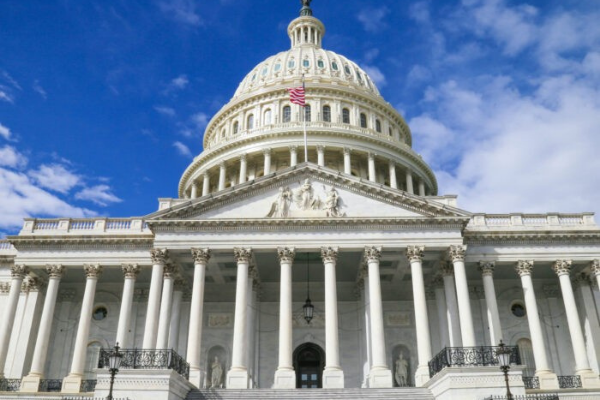
Despite medicine’s calls for comprehensive reform, the recently proposed 2024 Medicare physician fee schedule would continue the worrying trends of deepening physician pay cuts and increased risk associated with the Merit-Based Incentive Payment System (MIPS).
But the proposal also includes several medicine-backed coding changes, among other positive developments.
Texas Medical Association staff are reviewing the Centers for Medicare & Medicaid Services’ (CMS’) plan and will submit detailed comments to the federal agency by the Sept. 11 deadline. The final 2024 fee schedule is expected in early November, and most of its provisions will take effect on Jan. 1.
Most concerning, the proposal would lower the conversion factor that determines Medicare physician payments by nearly 3.4% compared with the 2023 conversion factor. This cut largely stems from a much-maligned federal budget-neutrality provision that requires any physician pay increase or decrease to be offsetting.
TMA President Rick Snyder, MD, a cardiologist in Dallas, called the cut “devastating” and “significant.” He worries it would tighten the financial vise on independent physician practices, threatening patients’ access to the care such practices provide.
“This short-sightedness is going to, I fear, accelerate consolidation into models that significantly increase the cost of care in the long run,” he told Texas Medicine Today.
Gary Sheppard, MD, an internist in Houston and chair of TMA’s Council on Socioeconomics, adds the Medicare physician fee schedule serves as a benchmark to other payers, meaning such a cut likely would ripple across the health care industry.
CMS’ proposal also would “add insult to injury,” Dr. Snyder said, by increasing physicians’ risk of incurring a penalty under MIPS while subjecting them to cuts elsewhere.
The draft fee schedule would increase the minimum MIPS score – to 82 points from 75 points – necessary to avoid a financial penalty of up to 9%.
“If [CMS] is going to be cutting the conversion factor, then we’re going to be even more dependent on the bonus payment,” he told TMT.In response, TMA recently launched an action alert, directing physicians to contact their congressional representatives in support of bipartisan legislation that would index Medicare physician payments to inflation, overriding this cut.
Fortunately, federal lawmakers seem to be listening to calls from TMA, the American Medical Association, and others in organized medicine to reform the Medicare Access and CHIP Reauthorization Act (MACRA) of 2015, which created MIPS and alternative payment models.
More than a hundred U.S. House members – including Reps. Dan Crenshaw (R-Texas), Ronny Jackson (R-Texas), Jasmine Crockett (D-Texas), Colin Allred (D-Texas), Marc Veasey (D-Texas), and Brian Babin (R-Texas) – urged their leadership to “enact MACRA reforms, establishing a stable payment mechanism that appropriately pays for health outcomes,” in a July 21 letter. The following day, the House Energy & Commerce Committee’s Oversight & Investigations Subcommittee hosted a “MACRA Checkup” hearing.
In more positive news, CMS’ proposal would heed advocacy by TMA and others by:
Mitigating across-the-board cuts caused by a new evaluation and management add-on code for visit complexity due to the budget-neutrality provision;
Adopting more than 90% of the AMA/Specialty Society Relative Value Scale Update Committee’s recommendations for new and revised Current Procedural Terminology codes;
Extending certain telemedicine flexibilities, including allowing such services to be provided with the Medicare patient located anywhere, such as in his or her home, through the end of 2024; and
Pausing Medicare’s beleaguered appropriate use criteria program for advanced diagnostic services.
The draft fee schedule also would postpone the implementation of:
Updated weights related to the Medicare Economic Index, a measure of physician practice cost inflation, in light of an ongoing AMA study of physician practice expenses;
A confusing policy related to split (or shared) visits, which determines who should bill for a shared visit; and
Mandatory adoption of electronic clinical quality measures by Medicare Shared Savings Program participants.
Dr. Sheppard is hopeful these changes will reduce practices’ administrative burden and, in doing so, free up physicians’ time for patient care.
TMA equips you with the information you need to help stop the Medicare physician pay cut. Get involved in this crucial advocacy effort with ready-made social media graphics and posts, sample letters to the editor, a sample op-ed, and an Action Alert to send directly to legislators by downloading the toolkit.